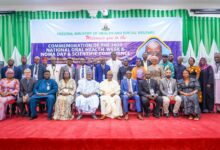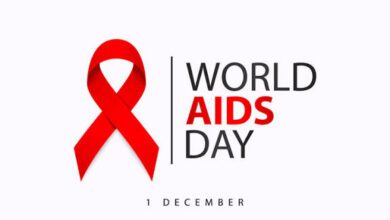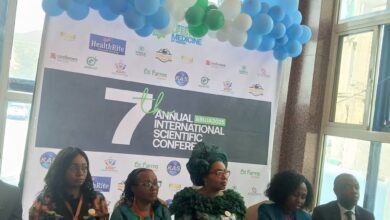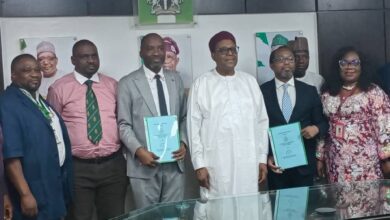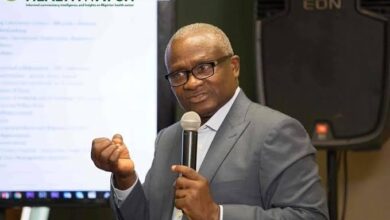81.6% Of Nigerians Use Traditional Medicines -Report
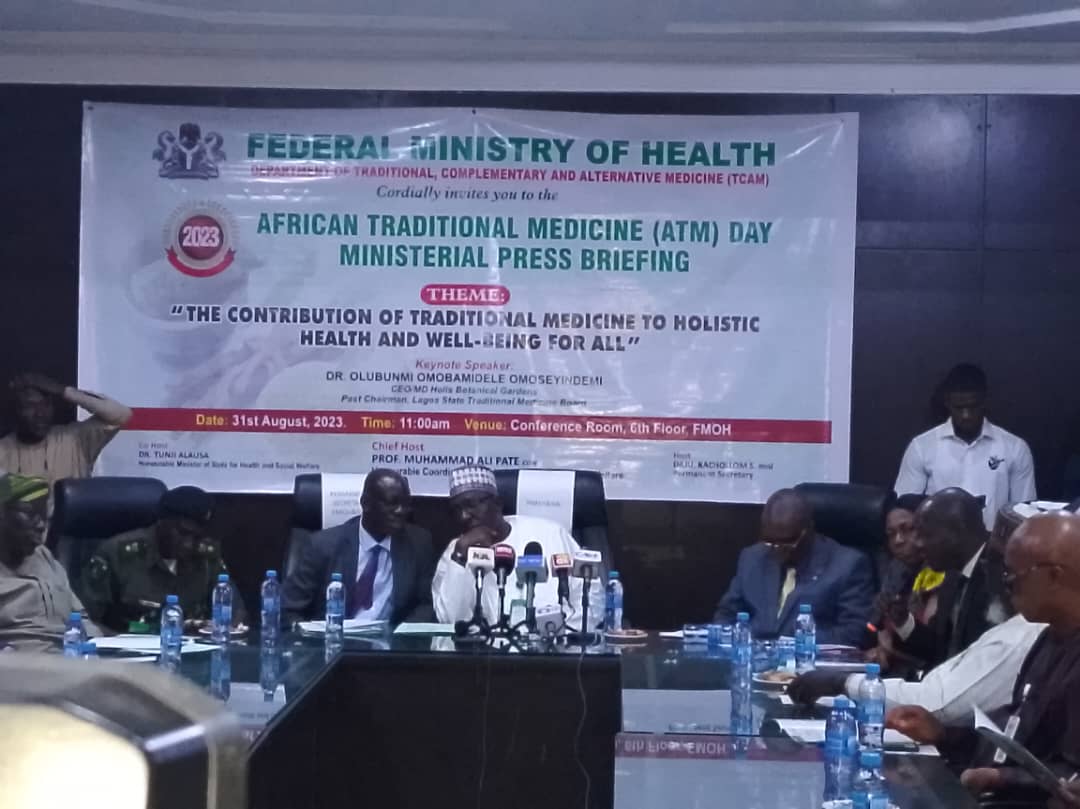
A study conducted by the World Health Organisation (WHO) has shown that up to 81.6% of Nigeria’s population still patronize traditional medicines.
The Minister of State for Health and Social Development, Dr. Tunji Alausa, disclosed this on Thursday, August 31, 2023, at the commemoration of this year’s African Traditional Medicine (ATM) Day in Abuja.
Alausa, who was represented by the Director of Human Resources, Mallam Hassan Salau, hinted that the prevalence of traditional medicines was not going to be on the decline anytime soon as it was easily accessible and affordable and also culturally acceptable and trusted by a large number of people.
Quoting the 2011 WHO Global Status Report on Non-Communicable Diseases (NCDs), the Minister said, “Studies have shown that traditional medicine use in Nigeria is as high as 81.6%, and this is not expected to be on the decline in the near future, especially in the face of the predicted increase in the global burden of diseases.
He stated that, the Renewed Hope Agenda of President Bola Ahmed Tinubu, seeks to bolster the economy by prioritising Universal Health Coverage which is expected to frontally address the nation’s healthcare challenges.
He further disclosed that, the healthcare plan would also focus on encouraging and improving funding for local research of new drugs and vaccines. It is a well-established fact that many medicines have their origin from herbal medicine which is a form of traditional medicine.
Speaking on the need for collaboration between modern medical practices and traditional medicine, the Minister said,
“our approach to optimizing the strengths of our traditional medicine will also focus on favourable policies, institutional and political support, our rich biodiversity, qualitative data, scientific research, and the use of innovation to optimize the contribution of traditional medicine to universal health coverage and sustainable development, and will also be guided by respect for our indigenous resources and intellectual property rights.
“As we celebrate the strengths of traditional medicine, we must also strive to address the challenges that persist. Integration and collaboration between modern medical practices and traditional medicine are essential.
“We must ensure that our traditional healers have access to proper training, research, and resources, allowing them to standardize their expertise while also aligning with international best practices.
“This collaboration can lead to a healthcare system that is truly comprehensive and inclusive, benefiting all members of our society”.
On his part, WHO Nigeria Country Representative, Dr. Walter Kazadi Mulombo, disclosed that
every year, the 31st of August marks the celebration of African Traditional Medicine Day in the WHO African Region in recognition of the enduring significance of African Traditional Medicine and its integral role in enhancing health and well-being across the African continent, for the past two decades.
Mulombo added that throughout these years, Member States had witnessed the flourishing of African Traditional Medicine Day as a dynamic platform for dialogue, exchange, and knowledge sharing.
He said it has united stakeholders from traditional medicine practitioners to policymakers, from researchers to international partners in a common pursuit of best practices, groundbreaking evidence, and innovative solutions that showcase the immense potential of traditional medicine in nurturing holistic health and well-being for all.
He therefore called upon Member States to scale up their efforts and further implement evidence-based Traditional Medicine (TM) approaches to achieve health-related Sustainable Development Goals and promote health and well-being for all at all ages.
“I urge Member States to apply local knowledge, science, technology, and innovation to unlock the contribution of TM to advancing planetary health and people’s well-being across the life course through regional and culturally appropriate nutrition and lifestyles within sustainable environments.
“Establish a high-level consultative mechanism with Indigenous Knowledge Holders to guarantee their full participation and consultation in adopting and implementing relevant policies and actions associated with biodiversity management and Traditional Knowledge.
“Facilitate effective integration of traditional medicine into national health systems, contributing to achieving universal health coverage and all health-related sustainable development goals.
“Where appropriate, Member States should redefine laws, policies, and health services to enable holistic and relevant decisions and seamless choices with a transformative focus on prevention, maintenance, and primary healthcare.
“Develop standards for the curriculum for continued training and education of traditional health practitioners to facilitate their integration into primary healthcare services.
“Accelerate the research, production, regulation, and formal utilisation of evidence-based traditional and indigenous products in national health systems.
“Develop monitoring systems and indicators for traditional medicine within national health information systems, enabling the measurement and redirection of traditional medicine practices within countries”, he said.
Speaking on behalf of Traditional Medicine Practitioners, Chief Executive Officer (CEO), Ruzu Herbal Products and Services Limited, Dr. Robert Onyemechi Uzo said some efforts made by the Ministry of Health had assisted them in curbing quackery:
“One of the ways is to identify all the practitioners through registration, presently there is a database at the Ministry of Health which gets the full profile of the practitioner.
“With this database, you cannot come and claim to be a cure-all, you will tell us your area of specialisation, give us your contact and we will verify to see if actually you are practicing. Although quackery is a challenge we have been able to get up to 60 percent of results in getting the real practitioners who are practicing the profession”.


